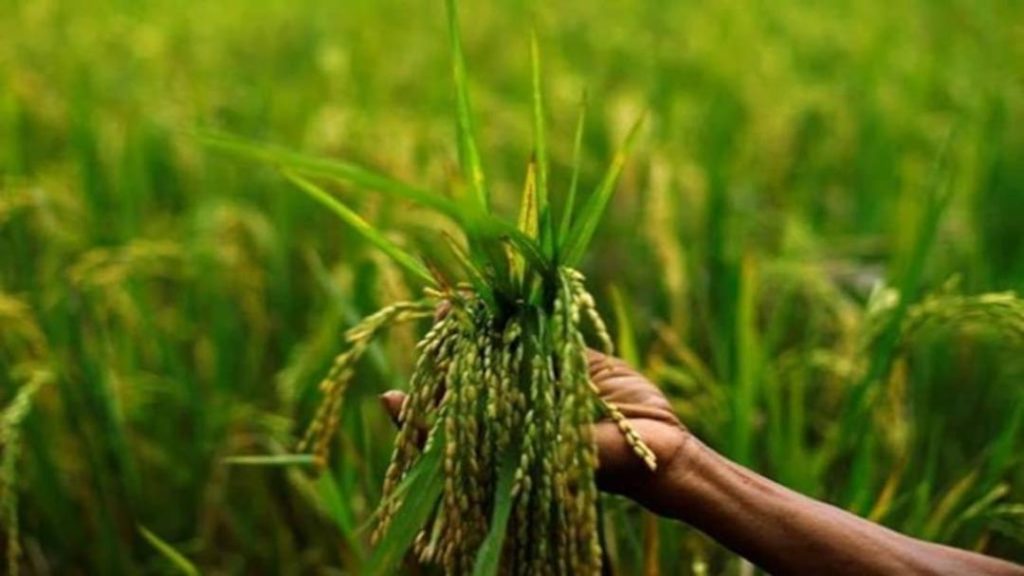
Title: India cutting Chenab’s supply will increase water shortage & impact crops, accepts Pakistan
The ongoing dispute between India and Pakistan over the Indus Waters Treaty has taken a new turn, with Pakistan’s Indus River System Authority (IRSA) accepting that India cutting the flow of the Chenab river would increase water shortages across the country. The move would also have a significant impact on kharif crops, which are already expected to face a shortage for the remaining early kharif season.
According to a recent statement by the IRSA, the water shortage in the late kharif season is estimated to be around 7%. This comes as a major concern for Pakistan, which is already struggling with a severe water crisis. The country’s water resources are dwindling at an alarming rate, and any further reduction in water supply would exacerbate the situation.
The IRSA’s statement is a significant development in the ongoing dispute between India and Pakistan. The two countries have been at loggerheads over the Indus Waters Treaty, which was signed in 1960 to govern the sharing of the waters of the Indus and its tributaries. The treaty was aimed at ensuring that both countries had a fair share of the water resources, but India’s recent move to cut the flow of the Chenab river has raised concerns about Pakistan’s ability to meet its water needs.
India’s decision to cut the flow of the Chenab river was made after Pakistan failed to pay its dues under the treaty. Pakistan had been using more water than its allocated share, and India had been facing difficulties in meeting its own water needs. However, Pakistan has rejected India’s claims, saying that the move is a violation of the Indus Waters Treaty.
Pakistan’s water crisis is a major concern for the country, as it faces a severe shortage of water resources. The country’s water resources are dwindling at an alarming rate, and any further reduction in water supply would exacerbate the situation. The water shortage has already had a significant impact on the country’s agriculture sector, with many farmers struggling to irrigate their crops.
The IRSA’s statement is a major concern for Pakistan, as it highlights the potential impact of India’s move on the country’s water resources. The move is expected to increase water shortages across the country, which would have a significant impact on the country’s agriculture sector. The shortage is estimated to be around 7% in the late kharif season, which is a major concern for Pakistan.
Pakistan’s Prime Minister, Imran Khan, has already expressed his concern over the situation, saying that the country is facing a severe water crisis. He has called upon India to reconsider its decision and find a solution that benefits both countries. The Prime Minister has also urged the international community to take notice of the situation and help the country in its hour of need.
The situation is a major concern for Pakistan, as it faces a severe water crisis. The country’s water resources are dwindling at an alarming rate, and any further reduction in water supply would exacerbate the situation. The water shortage has already had a significant impact on the country’s agriculture sector, with many farmers struggling to irrigate their crops.
In conclusion, Pakistan’s Indus River System Authority has accepted that India cutting the flow of the Chenab river would increase water shortages across the country. The move would also have a significant impact on kharif crops, which are already expected to face a shortage for the remaining early kharif season. The situation is a major concern for Pakistan, as it faces a severe water crisis. The country’s water resources are dwindling at an alarming rate, and any further reduction in water supply would exacerbate the situation.






